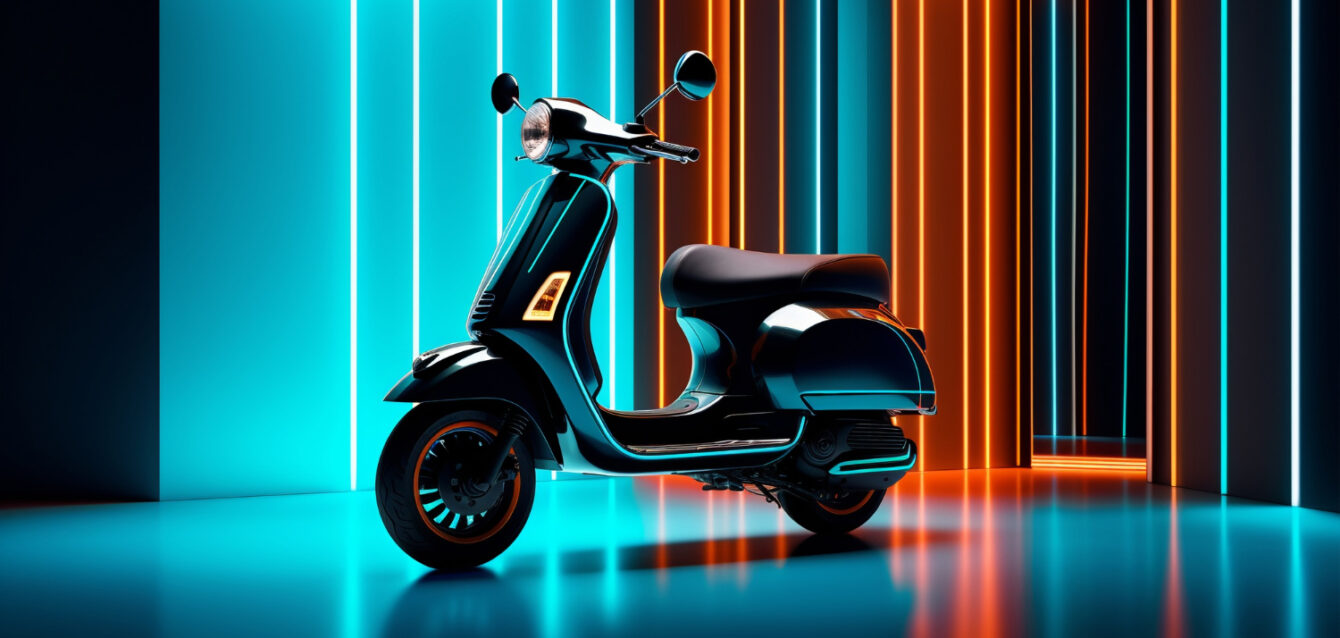Zapp Electric Vehicles is a UK-based startup founded in 2017 with a mission to redefine urban mobility through high-performance, sustainable electric scooters. Headquartered in the United Kingdom, Zapp focuses on blending cutting-edge design with environmental responsibility, offering sleek, modern vehicles that cater to eco-conscious urban commuters. The company’s standout product, the Zapp i300, is a lightweight, powerful electric scooter designed for city travel, boasting rapid acceleration and removable battery packs for convenient charging at home or the office.
Positioned at the intersection of style, performance, and sustainability, Zapp targets customers seeking an exciting yet practical alternative to traditional two-wheelers. By combining motorcycle-level performance with zero-emissions technology, Zapp has carved a niche in the growing electric two-wheeler market. Its focus on premium materials, futuristic design, and user-friendly technology underlines its ambition to become a leader in the urban electric mobility revolution.
Key Challenges in Scaling Zapp Electric Vehicles
1. High Production Costs
Producing a premium electric scooter like the Zapp i300 involves expensive components and materials, which increases the overall cost and limits affordability for mass-market consumers.
2. Market Adoption Resistance
Consumers may be hesitant to switch from traditional fuel-powered scooters to electric ones due to range anxiety, performance skepticism, and lack of EV awareness—especially in less developed EV markets.
3. Limited Brand Recognition & Trust
As a new player in the mobility space, Zapp may struggle to build credibility and compete against established automotive brands with larger marketing budgets and dealer networks.
AI-Driven Solutions to Zapp’s Strategic Challenges
1. High Production Costs
AI Solution:
Use AI-powered demand forecasting and predictive supply chain optimization to reduce inventory waste, negotiate better supplier contracts, and streamline just-in-time manufacturing.
2. Market Adoption Resistance
AI Solution:
Deploy AI-based customer segmentation and personalization tools to identify target buyer profiles and deliver tailored marketing campaigns that address specific concerns like range, charging, and performance.
3. Limited Brand Recognition & Trust
AI Solution:
Leverage AI-driven sentiment analysis and social listening to monitor public perception, gather feedback, and optimize brand messaging across digital platforms for improved engagement and trust-building.


